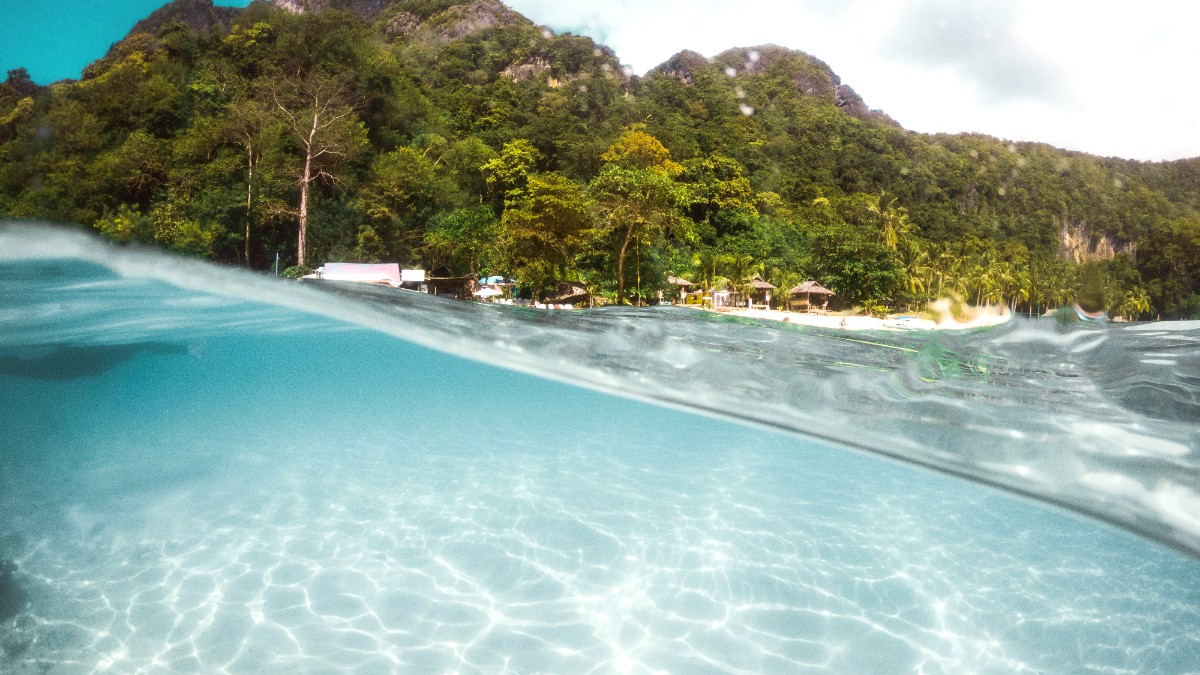
Indonesia
The waters around the Gilis are a designated marine park, which works to protect coral reefs and diverse marine life.
Waste management presents a significant challenge. Local initiatives strive for cleaner island practices.
Freshwater resources on Gili Trawangan are limited. Be mindful of your water usage by taking shorter showers.
Your choices directly support the island's environmental health.
Various dive centers and NGOs actively participate in environmental protection.
Minimizing your environmental footprint makes a difference.
Your selections of services and gear affect the environment.
Waste management is a significant challenge on the island. Freshwater is a limited resource.
Local dive centers and NGOs actively work on coral reef restoration within the marine park. Your choice of dive operator can support these efforts.
Support ConservationLook for accommodations with clear environmental policies, including water conservation and waste reduction. Opt for tours that respect local ecosystems.
Find Eco-AccommodationsCultural sensitivity fosters respectful interactions with the local community on Gili Trawangan and during visits to Lombok.
Support local Sasak communities through responsible tourism practices.
Simple gestures make a big difference in local interactions.
Always prioritize privacy when taking photos.
When visiting a mosque on Lombok, adhere to specific customs.
Your engagement with local culture makes a positive contribution.
Learning basic Bahasa Indonesia phrases shows consideration for the local culture.
Observe and appreciate the distinct Sasak traditions and way of life.
Support local enterprises directly to ensure revenue benefits the community.
Your choices as a traveler directly influence the economic well-being of Gili Trawangan's community.
Support local small businesses, guesthouses, and warungs directly. This keeps tourism revenue within the local community.
Seek out products made by local artisans. Inquire about the origin of goods to avoid mass-produced souvenirs.
Opt for locally owned restaurants, guesthouses, and tour operators. This strengthens the local economy and provides a more authentic experience.
Eating at local warungs (small eateries) directly supports families.
Booking tours with island residents puts money back into the community.